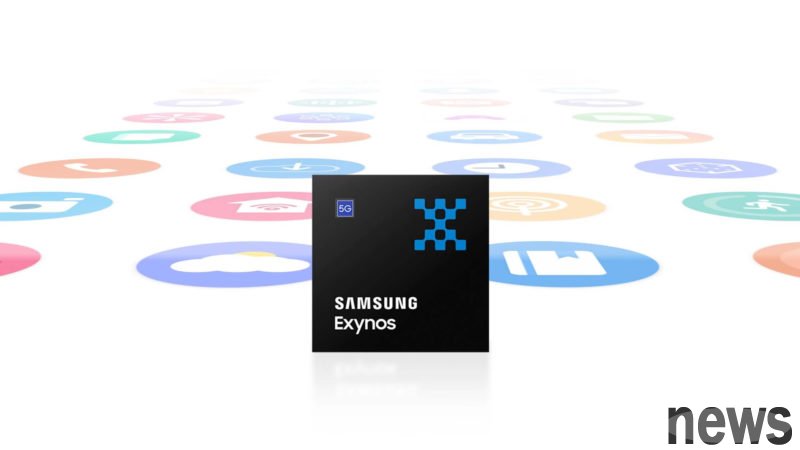Korean media ETnews quoted market insiders that the Korean Samsung crystal circle foundry department is preparing to produce the next generation flagship mobile processor Exynos 2600, which adopts Samsung 2 nanometer process, which seems to mean tha...

Korean media ETnews quoted market insiders that the Korean Samsung crystal circle foundry department is preparing to produce the next generation flagship mobile processor Exynos 2600, which adopts Samsung 2 nanometer process, which seems to mean that Samsung's yield problem is solved.
Previous news showed that the initial yield of Samsung 2 nanometers was lower than 30%, but it made every effort to improve, with the goal of increasing it to 70% by the end of the year. New heat dissipation parts are added, which is expected to solve the Exynos 2600 heat dissipation problem. The Exynos 2600 is testing performance and whether it is used for Samsung's next-generation flagship mobile Galaxy S26 series, and the fourth season will be decided.
2 nanometer Exynos 2600 is two super-large cores, plus six large cores, the Geekbench 6 running score has a single core score of about 2,950 points and the multi-core running score of about 10,200 points. Integrates Xclipse 960 GPU, 3DMark Wild Life Extreme can reach about 5,800 points, and GFXBench Aztec Ruins reach about 85FPS. Overall, the performance of Samsung Exynos 2600 CPU is expected to be significantly improved by 30% compared to the previous generation.
Samsung has been working hard to reverse the yield dilemma of crystal round OEM. The Exynos 2500, created by 3-nanometer GAA, has been adopted by its own Galaxy Z Flip7, and has recently been ordered for Tesla's AI6 chip foundry. Next, the Exynos 2600 is expected to become the first 2-nanometer chip of its own, which is also the key to determining whether 2-nanometer can successfully produce Tesla chips and attract other customers.
If Samsung's 2-nanometer Exynos 2600 is successfully produced and the Galaxy S26 series is successful, it is expected to win some Qualcomm's 2026 flagship chip orders. The Qualcomm Round 8 Series Flagship Chip is Telco's second-generation 3nm, and the cost per wafer may be as high as $18,500. Taiwan Electric also plans to increase its 3-nanometer family, and Samsung is expected to become the second supplier to attract customers.
Market regulation agency Counterpoint Research data shows that TEU has captured 87% of the world's smartphone chip markets below 5 nanometers, with extremely strong pricing. If there are no other suppliers, large manufacturers such as Qualcomm will be forced to accept NT$100 million. If you want to reduce the cost of crystal foundry, you need to diversify the chain of crystal foundry, which is also the common interests of Samsung and Qualcomm.